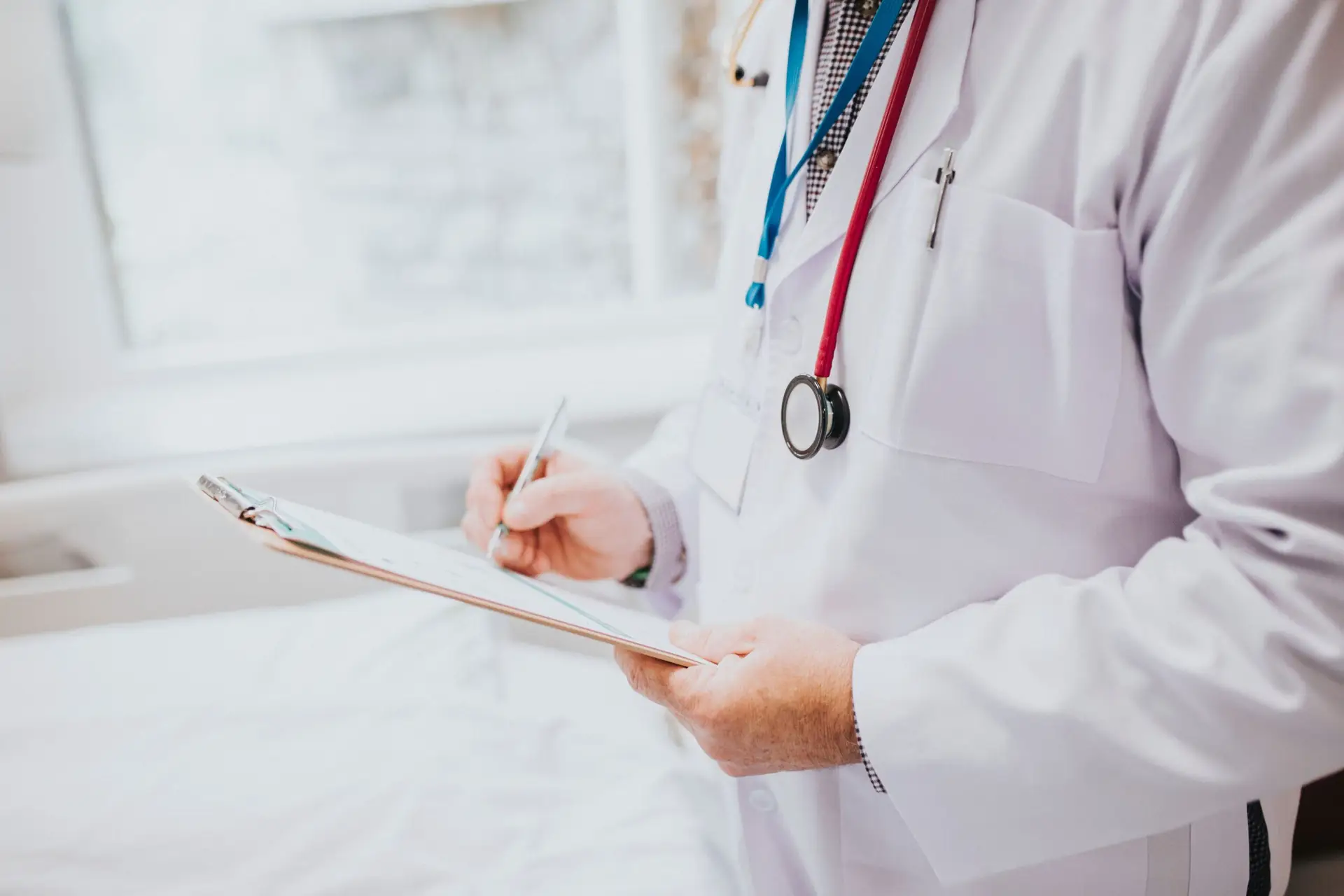This information is intended as a study guide and is not a substitute for attending lectures, reading textbooks, or seeking clarification from your professors.
Physiology of Major Body Systems

About Course
This module on Human Physiology and Anatomy provides a comprehensive exploration of the human body’s complex systems and their functions. It aims to instil a detailed understanding of the structural and functional aspects of vital bodily systems, emphasising their interrelationships and their impact on health and disease.
Key topics covered include:
- Cardiovascular Insights: Students will delve into the mechanics of the heart and blood vessels, understanding the intricacies of blood flow, pressure regulation, and their pivotal roles in overall health.
- Neurological Foundations: The course will cover the architecture and function of the central and peripheral nervous systems, including the brain and spinal cord, and how they govern bodily responses and functions.
- Respiratory Mechanics: Exploration of lung structure, airway dynamics, and the essential process of gas exchange will provide students with insights into respiratory regulation and its critical role in maintaining life.
- Gastrointestinal Functionality: Students will gain a thorough understanding of the GI tract’s anatomy, focusing on the processes of digestion and nutrient absorption critical for health.
- Renal and Fluid Systems: The structure and function of the kidneys will be examined in detail, highlighting their role in fluid and electrolyte balance which is essential for body homeostasis.
- Endocrine Interactions: The course includes an in-depth look at the major glands and hormonal regulation mechanisms, particularly the hypothalamus-pituitary axis, and their crucial roles in body regulation.
- Musculoskeletal Dynamics: An understanding of bone and muscle physiology will be developed, focusing on their structural importance and the mechanics of movement.
Through notes, and practice questions, you will not only learn the scientific basis of each system but also appreciate the practical implications of anatomical and physiological knowledge in pharmaceutical sciences, paving the way for informed clinical practices and therapeutic interventions.
Course Content
Cardiovascular System
Nervous System
Endocrine System
Respiratory System
Gastrointestinal System
Renal System
Musculoskeletal System
Student Ratings & Reviews

No Review Yet
